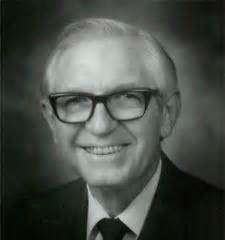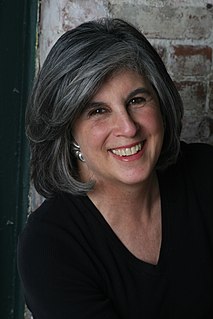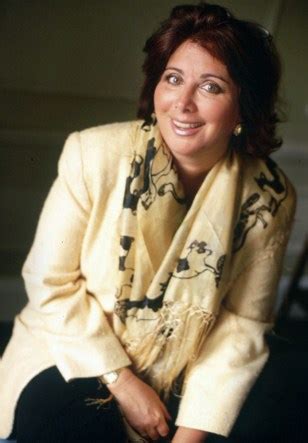A Quote by Katherine Paterson
Since my first novel was rescued from a slush pile, it makes me sad that most publishing houses no longer accept unsolicited manuscripts. Nor are many willing to take chances on novels that are not deemed immediately "marketable."
Related Quotes
I guess I'm what you call a slush-piler. I just sent my manuscripts to the slush pile of publishers and hoped for the best. Over seven years, I was rejected seven times on three different books. The fourth attempt was picked up by a small publisher, and I still have great memories of staying up all night, talking to my brother and sisters (my dad called me at 2:30 in the morning because I was overseas).
I sold my first short story while I was home on maternity leave, then began working on novels. Since I was reading and enjoying romance novels at the time, the first two unpublished manuscripts I wrote were both romances. I sold my third novel, 'Call After Midnight,' to Harlequin Intrigue after submitting it unagented.
I've been thinking a lot about why it was so important to me to do The Idiot as a novel, and not a memoir. One reason is the great love of novels that I keep droning on about. I've always loved reading novels. I've wanted to write novels since I was little. I started my first novel when I was seven.I don't have the same connection to memoir or nonfiction or essays. Writing nonfiction makes me feel a little bit as if I'm producing a product I don't consume - it's a really alienating feeling.
It is true that when we take chances, we stand to lose. But it is also true that we will never win anything if we never even enter the game. Lucky people are aware of the possibility of losing, and indeed they may lose often. But since the chances they take are small, the losses tend to be small. By being willing to accept small losses they put themselves in position to make large gains.
No sovereign, no court, no personal loyalty, no aristocracy, no church, no clergy, no army, no diplomatic service, no country gentlemen, no palaces, no castles, nor manors, nor old country-houses, nor parsonages, nor thatched cottages nor ivied ruins no cathedrals, nor abbeys, nor little Norman churches no great Universities nor public schools -- no Oxford, nor Eton, nor Harrow no literature, no novels, no museums, no pictures, no political society, no sporting class -- no Epsom nor Ascot Some such list as that might be drawn up of the absent things in American life.
Publishing is no longer simply a matter of picking worthy manuscripts and putting them on offer. It is now as important to market books properly, to work with the bookstore chains to getterms, co-op advertising, and the like. The difficulty is that publishers who can market are most often not the publishers with worthy lists.



































